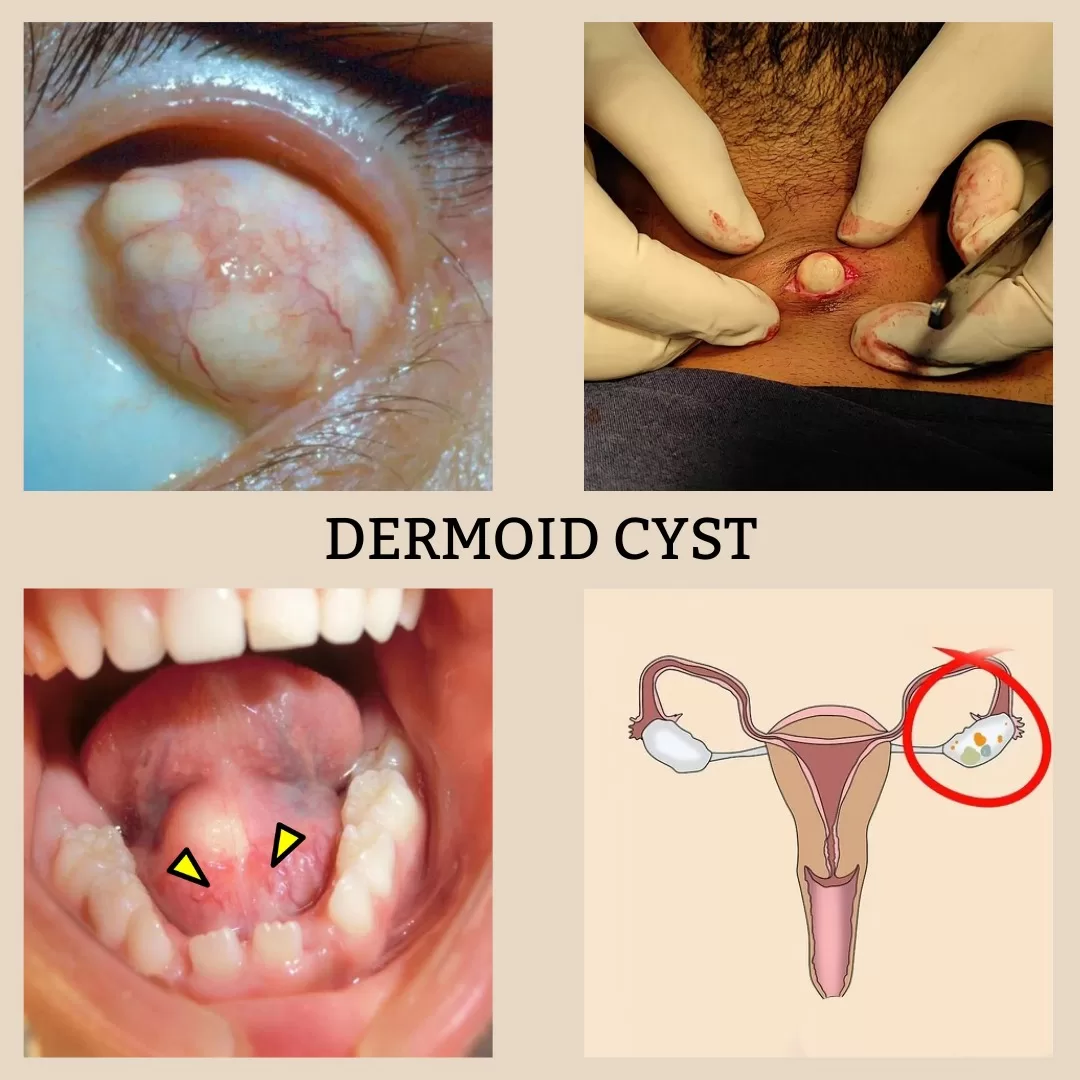Top Factors Influencing IVF Success — A Guide From The Best IVF Hospital in Surat
In recent years, In Vitro Fertilization (IVF) has emerged as a beacon of hope for couples facing infertility challenges. While IVF has brought joy to countless families, its success is not guaranteed. Understanding the factors that influence IVF outcomes is crucial for prospective parents embarking on this journey. Our fertility specialist, Dr Kaajal Mangukiya, at Orkid hospital and IVF centre, considered as one of the best IVF centres in Surat, delves into the top factors that play a pivotal role in determining the success or failure of IVF treatments.
1. Age Matters
One of the most significant factors influencing IVF success is the age of the woman undergoing the procedure. Fertility declines with age, and this decline becomes more pronounced after the age of 35. Younger women generally have healthier and more viable eggs, resulting in higher success rates. As a woman ages, the quality and quantity of her eggs diminish, leading to lower chances of successful fertilization and implantation.
2. Reproductive Health
The overall reproductive health of both partners is critical for IVF success. Conditions such as polycystic ovary syndrome (PCOS), endometriosis, and low sperm count can negatively impact the chances of a successful IVF cycle. Our specialists at Orkid Hospital, one of the best infertility centres in Surat, recommend thorough testing and addressing any underlying reproductive health issues before starting with the IVF treatments to optimize the chances of success.
3. Lifestyle Factors
Lifestyle choices can significantly affect IVF outcomes. Smoking, excessive alcohol consumption, and obesity have been linked to lower success rates in IVF cycles. These factors can impact the quality of eggs and sperm, as well as the overall health of the reproductive system. Adopting a healthy lifestyle through regular exercise, a balanced diet, and avoiding harmful habits can positively influence IVF success.
4. Ovarian Reserve
The ovarian reserve, which refers to the quantity and quality of a woman’s eggs, is a crucial factor in IVF success. Women with a diminished ovarian reserve may produce fewer eggs during the stimulation phase of IVF, reducing the chances of a successful fertilization and implantation. Testing for ovarian reserve before starting IVF can help set realistic expectations and guide treatment decisions.
5. Embryo Quality
The quality of embryos plays a pivotal role in IVF success. After fertilization, embryos are graded based on their appearance and developmental stage. High-quality embryos are more likely to implant successfully in the uterus. Advanced techniques such as preimplantation genetic testing (PGT) can be employed to assess the genetic health of embryos, further enhancing the chances of a successful pregnancy. These techniques will be available at some of the best IVF hospitals in Surat.
6. Uterine Health
A receptive and healthy uterus is crucial for the implantation of embryos. Conditions such as uterine fibroids, polyps, and structural abnormalities can hinder implantation and increase the risk of miscarriage. Prior to undergoing IVF, a thorough evaluation of the uterus through imaging studies and other diagnostic tests is essential to identify and address any issues that may impact the success of the procedure.
7. Sperm Quality
Male factor infertility is a common contributor to IVF failure. The quality and quantity of sperm are vital for successful fertilization. Factors such as low sperm count, poor motility, and abnormal morphology can decrease the likelihood of fertilization. Comprehensive semen analysis and, if necessary, advanced reproductive techniques such as intracytoplasmic sperm injection (ICSI) can be employed to overcome male fertility issues.
8. Hormonal Imbalances
Hormonal imbalances can disrupt the delicate interplay of reproductive hormones necessary for successful IVF. We at Orkid hospital & IVF centre, being one of the best test-tube baby centres in Surat, look for conditions such as irregular menstrual cycles, thyroid disorders, and elevated levels of certain hormones as part of the treatment as it can adversely affect the outcome of IVF cycles. Hormonal assessments and appropriate interventions to restore hormonal balance are crucial for optimizing the chances of success.
Conclusion
Embarking on the journey of In Vitro Fertilization is a deeply personal and hopeful step for couples facing infertility challenges. While success is never guaranteed, understanding the factors that influence IVF outcomes empowers individuals to make informed decisions and take proactive measures to enhance their chances of success. From age and reproductive health to lifestyle choices and embryo quality, each factor plays a unique role in shaping the IVF journey. By addressing these factors comprehensively, prospective parents can navigate the complexities of IVF with greater confidence and resilience.











